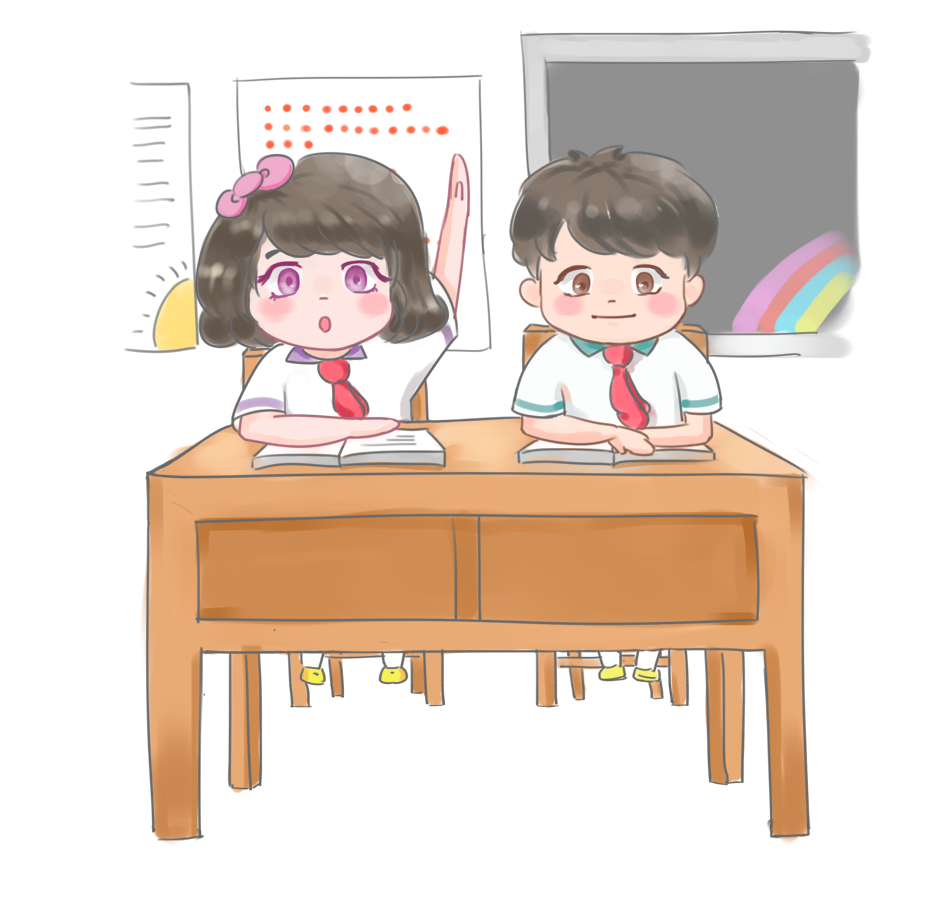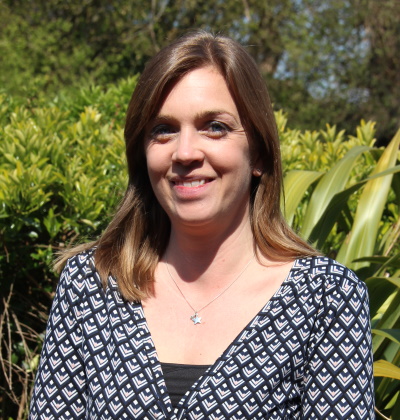SEND Information
Mrs Laura Finch is the Special Educational Needs Coordinator (SENDCO) at North Mundham School.
Contact the school office and make an appointment on 01243 785502 or email: sendco@northmundham.w-sussex.sch.uk
Click here for the SEN Information Report 2023 – 2024.
Click here for the Accessibility Plan 2024 – 2027.
Click here for the current SEND Policy.





